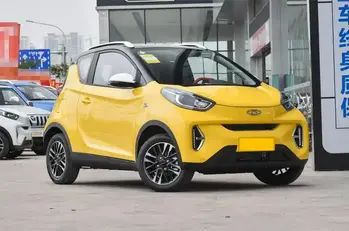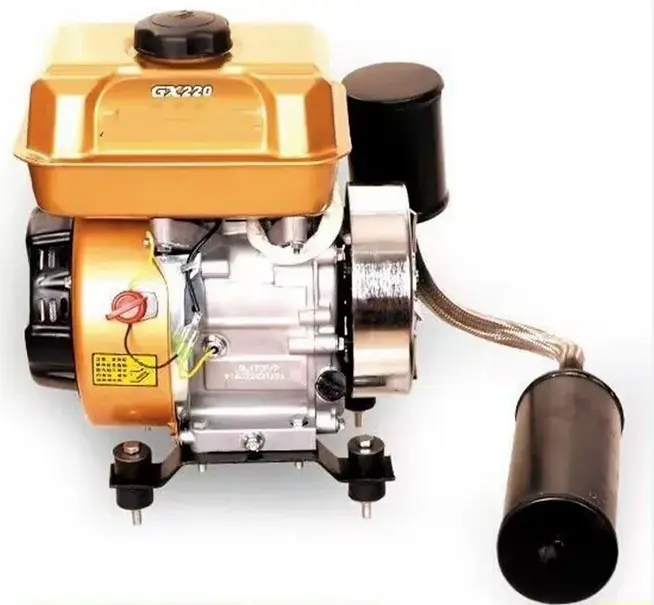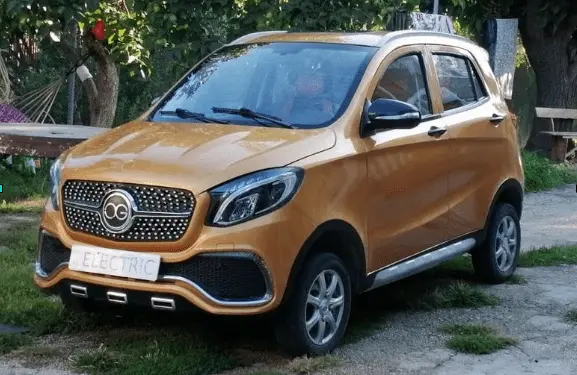
As electric vehicles (EVs) continue to gain popularity, the battery technology that drives them is evolving at a rapid pace. Various types of batteries are being used in electric cars, each with its own set of advantages and disadvantages. In this post, we’ll explore the different types of batteries available for electric cars and discuss which could be the best batteries why each one stands out in its own way.
1. The best batteries are Lithium-ion batteries ( at the moment)

Lithium-ion batteries are the most common and widely used batteries in electric cars today. They are the best batteries so far, but have several key disadvantages:
- Energy Density: Li-ion batteries offer a high energy density, providing more energy storage capacity in a compact space. This results in longer driving ranges for EVs.
- Fast Charging: Li-ion batteries can be charged relatively quickly, making them convenient for daily use.
- Durability: With proper management and maintenance, Li-ion batteries can have a long lifespan.
However, they also have some limitations, such as the potential for thermal runaway and fire risk if damaged or overcharged.
My own thoughts are that I would never contemplate fitting Lithium Ion batteries to a cheap affordable car. My reasoning is that:
1: these batteries are unpredictable
2: For a cheap runabout, I would be much better off fitting a set of LiFE PO4 batteries. Cheaper and if a problem occurs, they are far safer so for me are the best batteries.
2. Lithium Iron Phosphate Batteries (LiFePO4)

Lithium iron phosphate batteries are a type of lithium-ion battery that has gained attention for their enhanced safety features:
- Safety: LiFePO4 batteries are known for their superior thermal stability and reduced risk of overheating, making them a safer option for EVs.
- Longevity: They tend to have a longer cycle life compared to traditional Li-ion batteries, reducing the need for frequent replacements.
- Environmental Friendliness: LiFePO4 batteries are considered more eco-friendly due to their reduced use of cobalt, a material associated with environmental concerns.
However, they are slightly heavier and have a lower energy density compared to some other lithium-ion variants, which can impact the overall weight and range of the vehicle to a small extent.
3. Nickel-Metal Hydride Batteries (NiMH)

NiMH batteries have been used in hybrid electric vehicles (HEVs) and some older electric cars. They offer several benefits:
- Reliability: NiMH batteries are known for their durability and reliability, with some examples exceeding 200,000 miles.
- Low Cost: They are generally less expensive than lithium-ion batteries, making them a budget-friendly option.
- No Thermal Runaway: NiMH batteries have a lower risk of thermal runaway compared to some lithium-ion batteries.
However, they have lower energy density compared to Li-ion batteries, resulting in shorter driving ranges, and they are heavier, which can affect overall vehicle efficiency.
4. Solid-State Batteries

Solid-state batteries are an emerging technology with the potential to revolutionize electric vehicles. They offer several advantages:
- High Energy Density: Solid-state batteries promise even higher energy density than Li-ion batteries, enabling longer driving ranges.
- Improved Safety: They are expected to be much safer than traditional Li-ion batteries, as they are less prone to thermal runaway.
- Fast Charging: Solid-state batteries could enable extremely fast charging, reducing charging times significantly.
However, they are still in the early stages of development and face challenges related to production scalability and cost-effectiveness.
5. Sodium-Ion Batteries

Sodium-ion batteries are another emerging technology that offers a promising alternative to lithium-ion batteries and could turn out to be the best batteries for these cars:
- Abundant Material: Sodium is more abundant and less expensive than lithium, potentially leading to more affordable batteries.
- Environmental Benefits: Sodium-ion batteries have a lower environmental impact due to the abundance of sodium.
However, they are still in the research and development phase, and their performance and durability are not yet on par with lithium-ion batteries.
Choosing the right battery type for an electric car depends on various factors, including cost, range, safety, and environmental concerns. As technology continues to advance, we can expect ongoing improvements in battery technology, potentially leading to even better options for the EVs of the future.








